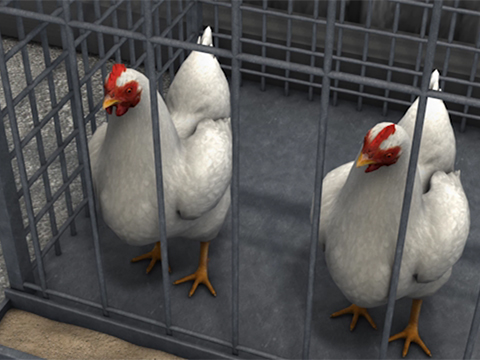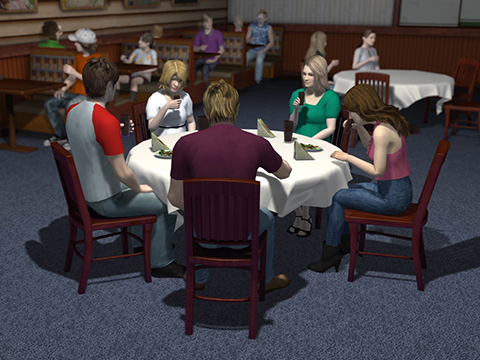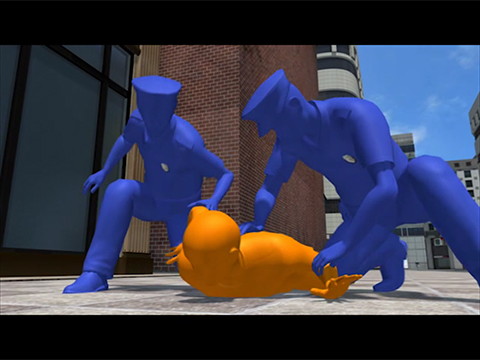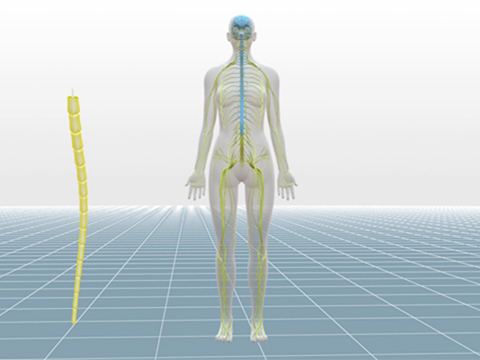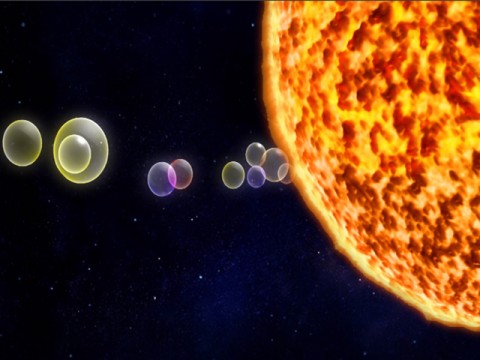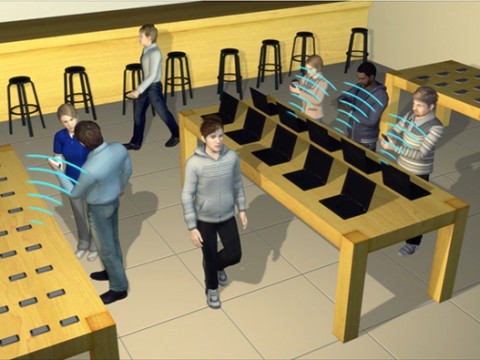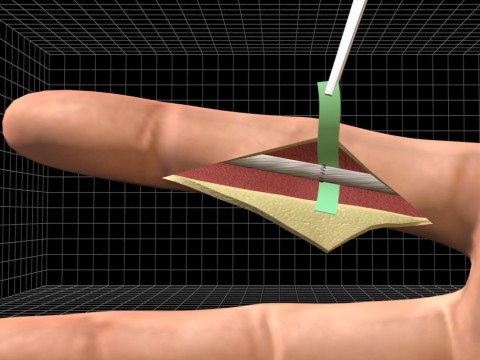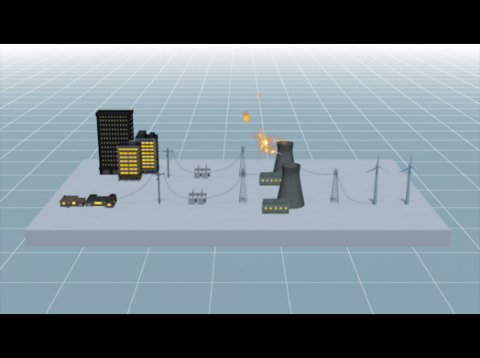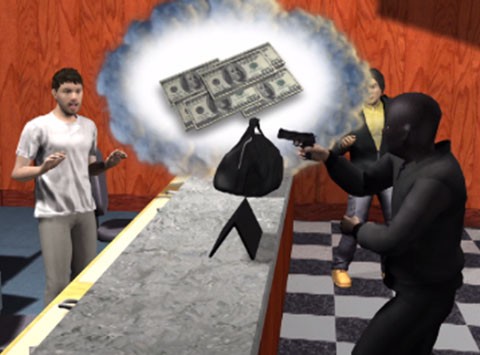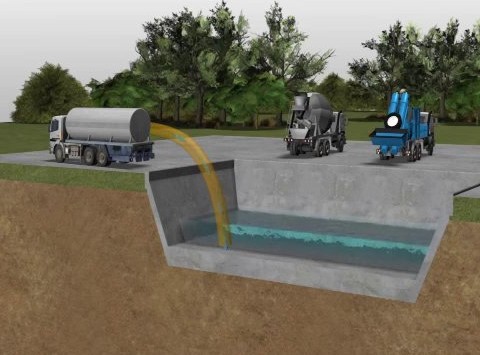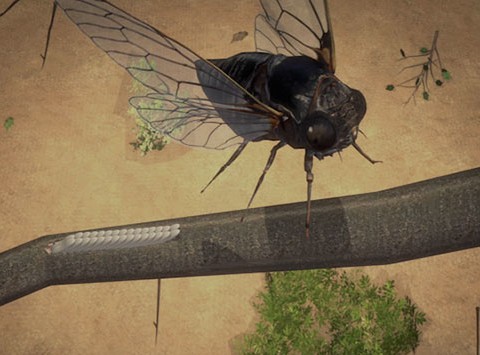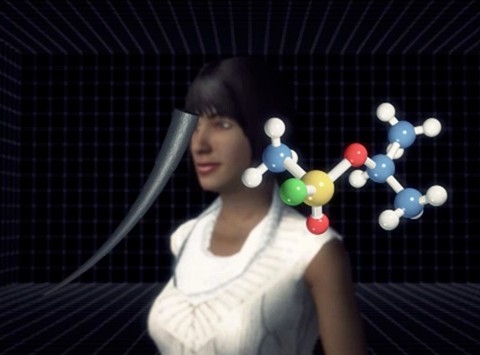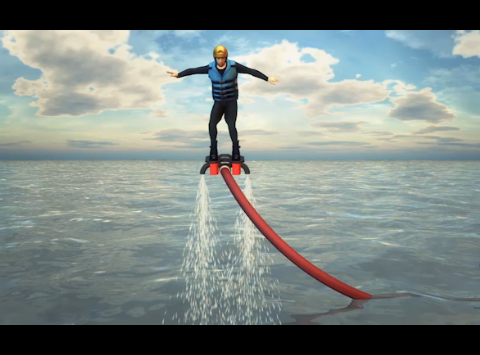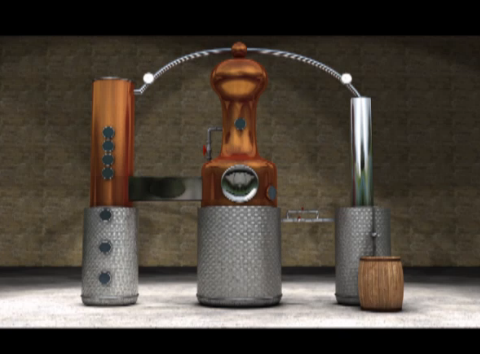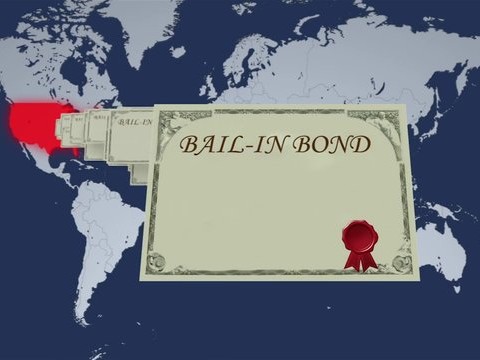News animations allow journalists to tell complex stories using “video-like” animations to show processes or news events which don’t lend themselves to video – for example explaining the Higgs boson or what happens to a 17-year cicada during its lifecycle. News animations, unlike static news graphics, guide the reader through a news item in a linear fashion with great potential to enhance viewer understanding of a news story. Some of our news animations are posted here.

By THERESA CHONG
Inventors across the United States are rolling out innovations for everything from robotic lawn mowers to creating biofuel pellets at home to new-gen slow cookers. And how about foldable wheels for wheelchairs? Reporter Theresa Chong travels the country to show you some of the best inventions and startups of 2013. (See the story)

By ANNA BISARO
Icebergs the size of Manhattan’s Central Park break off of Greenland’s glaciers and trigger earhthquakes that are detected from seismic waves thousands of miles away. While not knocking down any buildings, the earthquakes are contributing to the collapse of the glaciers and rising global sea levels. (See the story)

By ABIGAIL THORPE and CHRISTINE SKOPEC
Growing consumer concerns and new federal regulations are challenging the uses of antibiotics in U.S. meat production. Recent voluntary regulations to phase out the use of medically important antibiotics as an animal growth stimulant promotion are impacting farmers differently. But what about the consumer? (See the story)

By CHRISTINE SKOPEC
Young women in college are developing a new eating disorder that pairs starvation during the day to save calorie consumption for binge-drinking during party time. For some, the trend is a phase, but for those who really struggle, the effects can spell disaster, experts say. (See the story)

By NATASHA S. ALFORD
When Denisia Bryant, 17, walks into a room she commands attention without a word. “Everyone, this is Denisia, I don't know if you've met her,” says a group coordinator, interrupting the conversation to make sure she gets a proper introduction. The circle warmly greets the Senn High School junior. She smiles, then sits down.
(See the story)

By ELIZA LARSON
MuckFest MS is a national 5k race through the mud. The race is coming to Chicago for the first time this August to support research. (See the story)

By LAURA L. CALDERONE
They are a big mystery yet so small they are virtually massless. Scientists at the Fermi National Accelerator Laboratory are studying neutrinos by sending an intense beam of them 500 miles from just outside Chicago to Ash River, Minn. Understanding the properties of these subatomic particles may help answer the question: why are we here? (See the story)

By MICHAEL C.W. MURPHY and GORDY STILLMAN
The next time Chicagoans walk into an emporium on the Magnificent Mile, they might get an unexpected greeting from the store via their smartphones. A growing number of retailers are beginning to use location-aware technology to beam special offers to shoppers who come within range. (See the story)

By KATIE GOLDE
Born in a biomedical engineering lab at the University of Texas at Austin, a seminal medical technology under development could give a boost to people’s post-surgical health and mobility. The innovative team at Alafair Biosciences is ramping up to bring this technology to guide the internal healing process in tendon surgery. (See the story)

By SARAH KOLLMORGEN
Superstorm Sandy left more than 7.9 million people in the dark. Climate scientists predict that extreme weather events like Sandy—or Katrina, or the tornadoes that ripped through the Midwest last fall—are more likely in a warming world. Some energy experts say microgrids could prevent—perhaps eventually end—such energy disruptions.
(See the story)

By MEGAN PAULY
Crises ranging in severity from bank robberies to national tragedies such as the Boston Marathon bombings are the province of a new breed of healers such as Crisis Care Network. The network responds to some of our worst nightmares and continues working with clients in Boston and elsewhere to care for the invisible wounds.
(See the story)

By MEGAN PAULY
As fracking sweeps through Illinois, people in downstate Johnson County are divided on whether high volume hydraulic fracturing will be a boon for their local economy or a blow to the county’s ecology. Water contamination and the increased potential risk of earthquakes pose serious concerns.
(See the story)

By THERESA CHONG
Now that soil temperatures are warmer, millions of 17-year cicadas on the East Coast will emerge from beneath the ground this summer to mate, lay eggs and die. They stage their appearance at different times and locations across the country, arriving on cue as though an alarm clock just went off. (See the story)

By KIMBERLY SHINE
Biotin advocates stand by the supplement loaded with B-complex and other vitamins to promote stronger and healthier-looking hair and fingernails. The biology behind biotin takes you back to the farm where livestock researchers observed that it made the hooves of horses harder and stronger. (See the story)

By THERESA CHONG
Adrenaline junkies are pushing extreme water sport technology to the max as they show off their moves on Lake Michigan. It’s jet-propelled flying over, under and into the water and it’s catching on at almost any beach where winter’s refugees seek adventure in the sun. (See the story)

By HAILEY MAHAN
Whiskey undeniably has become more popular over the past few years. The National Restaurant Association named it one of the Top Five Spirits Trends for 2013. The American version of this spirit traditionally comes from Kentucky and Tennessee but Koval’s custom single-grain whiskies are putting Chicago distilling on the map.
(See the story)

By STEPHANIE SUNATA
The world's largest circular particle accelerator - the Large Hadron Collider at CERN - creates hundreds of millions of subatomic collisions per second in an odyssey to unravel mysteries of the universe. The collisions helped scientists discover the Higgs boson, part of the mechanism that gives mass to fundamental particles that make up matter. (See the story)

By ISABELLA ZHONG
This new breed of financial product emerged after Basel III was introduced in the aftermath of the global financial crisis. Find out about how the bonds work and the risks of investing in them.
(See the story)
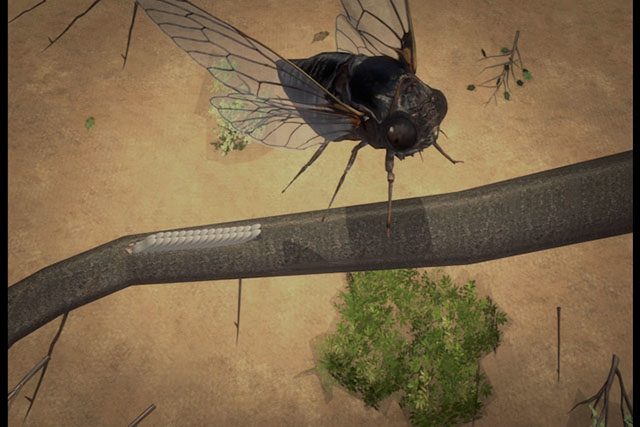
By THERESA CHONG
Inventors across the United States are rolling out innovations for everything from robotic lawn mowers to creating biofuel pellets at home to new-gen slow cookers. And how about foldable wheels for wheelchairs? Reporter Theresa Chong travels the country to show you some of the best inventions and startups of 2013. (See the story)

Measles Outbreak from Grace Eleyae on Vimeo.
Measles outbreak going viral
By GRACE ELEYAE
A record number of measles cases is hitting the U.S. this year compared to any time since 2000 when measles was virtually eliminated. The cause: a drop in inoculations, according to the Centers for Disease Control and Prevention.(See the story)

Hip resurfacing offers bone-saving alternative
by MICHAELA MEANEY
In a hip resurfacing, the femoral head and neck are not removed but rather reshaped. The head is essentially smoothed down as areas where it lacked cartilage are cut off and a new surface is created. A mushroom-shaped implant is then cemented over what remains of the patient’s femoral head.(See the story)

Life-savers: How law enforcement is using Naloxone to save victims of opioid drug overdoses from Medill Reports on Vimeo.
NYPD and DuPage County naloxone programs saving lives
by MELISSA SCHENKMAN
Police officers armed with naloxone nasal spray, the intranasal opioid drug overdose antidote, have saved 18 lives since a Staten Island program began earlier this year.(See the story)

Ketamine & Depression from Zachary Vasile on Vimeo.
Club drug gets new life fighting depression
by ZACHARY VASILE
The newest salve in the ongoing struggle against the world’s costliest and most widespread mental illness may be ketamine.(See the story)

Video Gait Analysis from Medill Reports on Vimeo.
Gait analysis makes strides in mobility treatments
by KATHERINE DEMPSEY
The way you walk or run can help health care professionals learn more about how to improve different kinds of mobility treatment and gauge how well treatment works. (See the story)

Deadly Debris from Medill Washington on Vimeo.
A country divided: The devastation of explosives in Iraq
STORY BY MATT SCHEHL, PHOTOS AND AUDIO BY ALIX HINES
Many decades of conflict have made Iraq one of the most bombed-out places on earth, where an estimated 50 million landmines, cluster munitions and other pieces of unexploded ordnance could detonate at any time with lethal consequences. (See the story)
